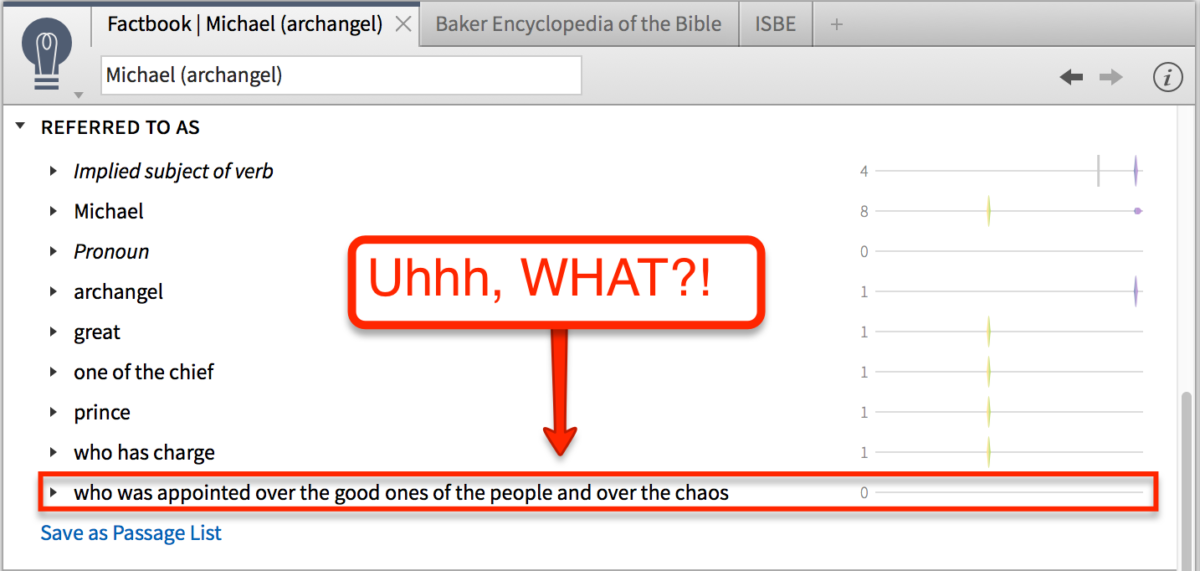

HAW Theological Wordbook of the Old Testament notes that the meaning of this word is uncertain but proposes expansion, probably after the core meaning of the verb. The noun ממשח ( mimshah), which meaning is debated.The fat would go on the altar, but the breast and thigh would be "set apart" for Aaron and his sons (Leviticus 7:35). It denotes a part of the peace offering that Israel was supposed to offer to God, consisting of an animal breast and thigh and its surrounding fat. The noun משחה ( mossha), means (consecrated) portion.

The verb משח ( mashah) yields a few other derivations, which shed more light on the breadth of this verb's meaning: Although these words are also sometimes used in a ritualistic sense, they are much more commonly used for everyday practices, such as cooking or wound tending.Įrgo: the word שמן ( shemen) denotes the "slippery stuff" and the word משחה ( missha) denotes the "marking stuff". Whoever could call himself משיח ( mashiah our word Messiah) in Israel had had his head anointed with this highly guarded oil.Ī much more frequently used word for oil in the Bible is the Hebrew noun שמן ( shemen), which generally denotes olive oil, and which comes from the verb שמן ( shamen), meaning to become fat. This very special oil was manufactured according to a precise recipe (Exodus 30:22-25), and misuse or even duplication of it was strictly forbidden (Exodus 30:21-33). One obvious derivation of this verb is משחה ( missha), meaning anointing oil. It's no surprise therefore that the most common usage of this verb entails the ritual of "anointing" someone in office, and only the offices that had no earthly superior: the King of Israel (1 Samuel 16:3), a prophet (1 Kings 19:16, Isaiah 61:1) or a High Priest (Exodus 28:41).

It seems that this verb is employed where attention needs to be drawn it does not simply denote a physical act but much rather a marking, a setting apart. In Exodus 29:2 ritualistic unleavened cakes are "oiled". In Jeremiah 22:14 the prophet speaks of "painting" a house bright red. The verb משח ( mashah) means to anoint, or even more general: to spread a liquid.


 0 kommentar(er)
0 kommentar(er)
